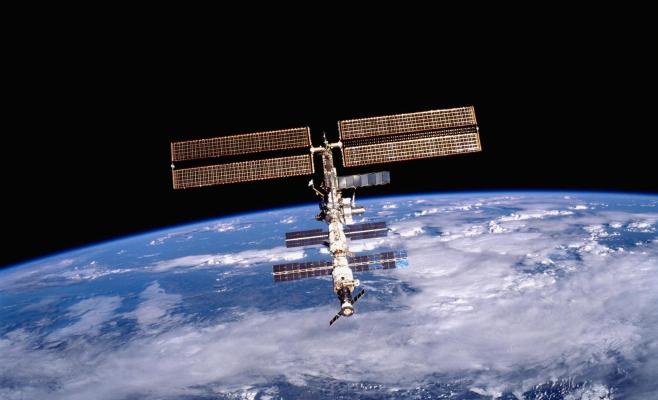
The high-profile failure of a normally reliable Soyuz rocket during a crewed mission to the International Space Station earlier this week spooked the space community in more ways than one, but NASA administrator Jim Bridenstine said he expects to launch a new crew in December via Soyuz anyway.
Speaking to reporters at the US embassy in Moscow (as reported by the AFP), Bridenstine observed that “not every mission that fails ends up so successful.” and indeed the malfunctioning rocket very fortunately did not cause any loss of life, as the escape system built into the launch hardware functioned as designed.
Astronaut Nick Hague and cosmonaut Aleksey Ovchinin landed safely some 250 miles away from the launch site after the capsule detached about 90 seconds into launch and deployed its parachute.
Although it’s too early for investigators to tell what went wrong, Bridenstine is apparently confident enough in the Soyuz system and the team at Roscosmos that he indicated a new crewed capsule could go up before the end of the year.
“I fully anticipate that we will fly again on a Soyuz rocket and I have no reason to believe at this point that it will not be on schedule,” he said.
That mission would be in December, meaning the current 3-person crew aboard the ISS wouldn’t have to extend their stay (as some thought they might), nor would the ISS have to fly empty for any period of time. The latter possibility made many uneasy, as the ISS is designed to be able to fly solo for a while, but it would be risky to have no one there in case of problems, and many experiments could also fail.
The Soyuz launch system is the only one currently available to send humans to space. SpaceX and Boeing are working hard on changing that but their solutions are a long way from ready. If some serious flaw were to be found in the Soyuz system it would essentially maroon humanity on the Earth until a solution is found. Fortunately Soyuz has proven itself many times over and it’s more likely that it will fly again soon.
Bridenstine’s confidence doesn’t launch a rocket on its own of course — the investigation of the rocket failure continues and the two space agencies will have to negotiate how to put a new crew in the station ahead of the original schedule. But for now it sounds like space will remain in our reach.
Be the first to comment